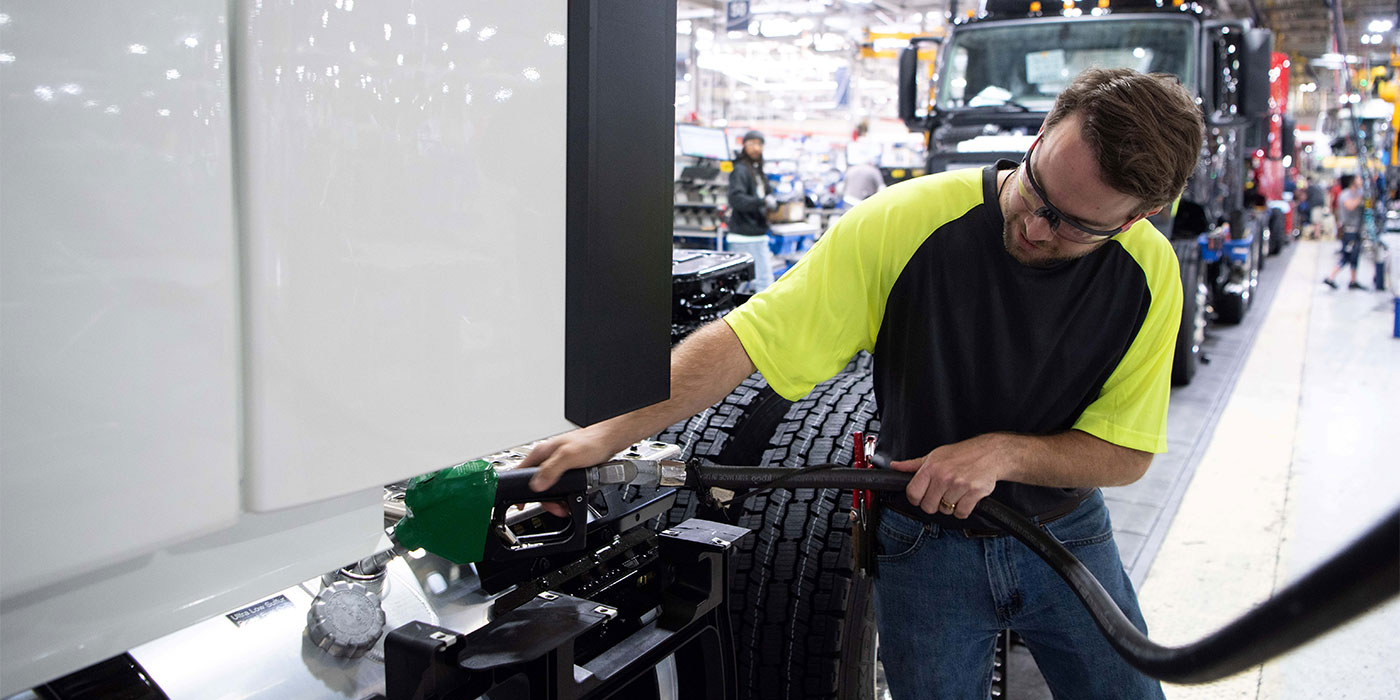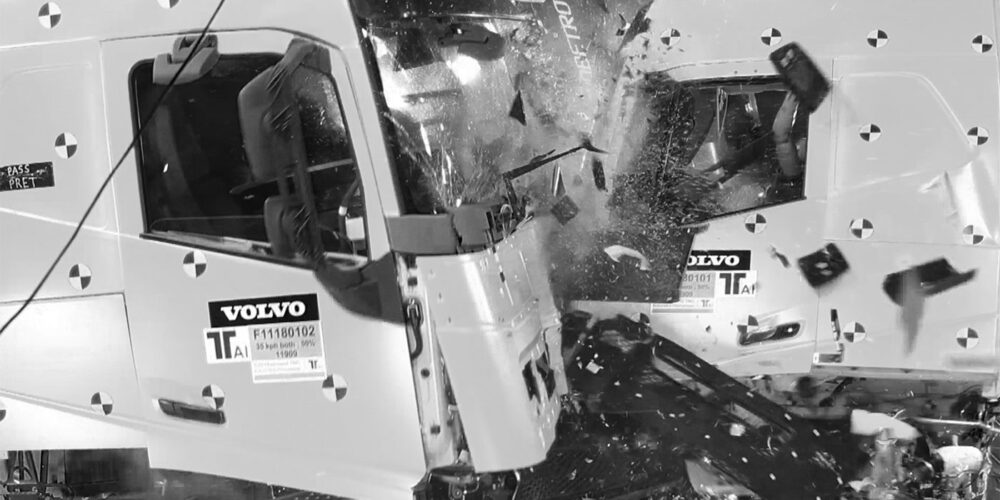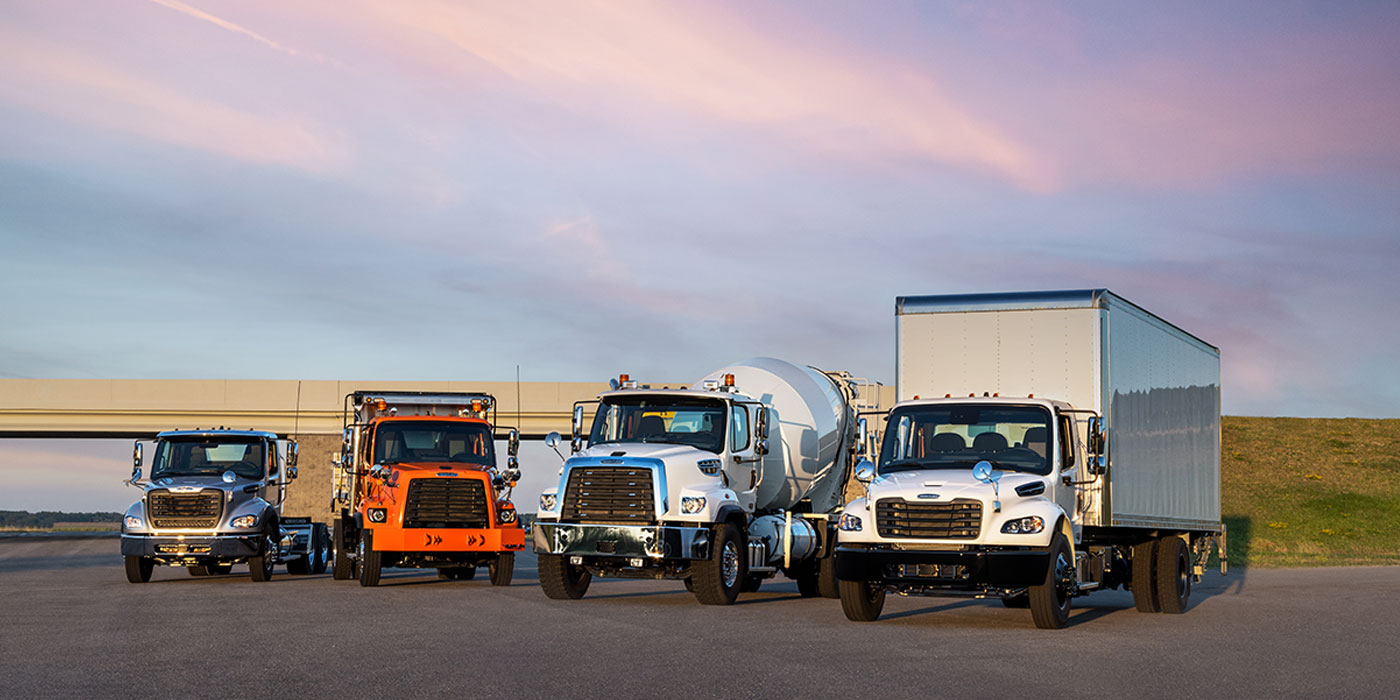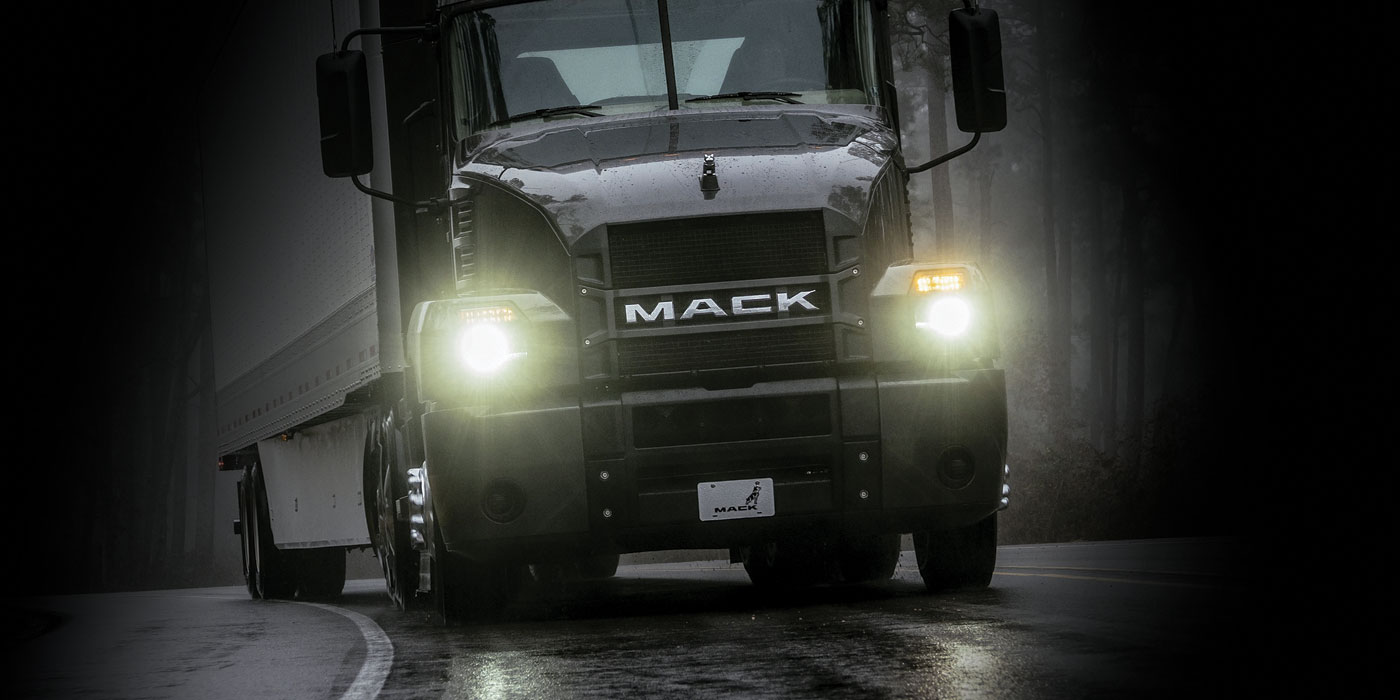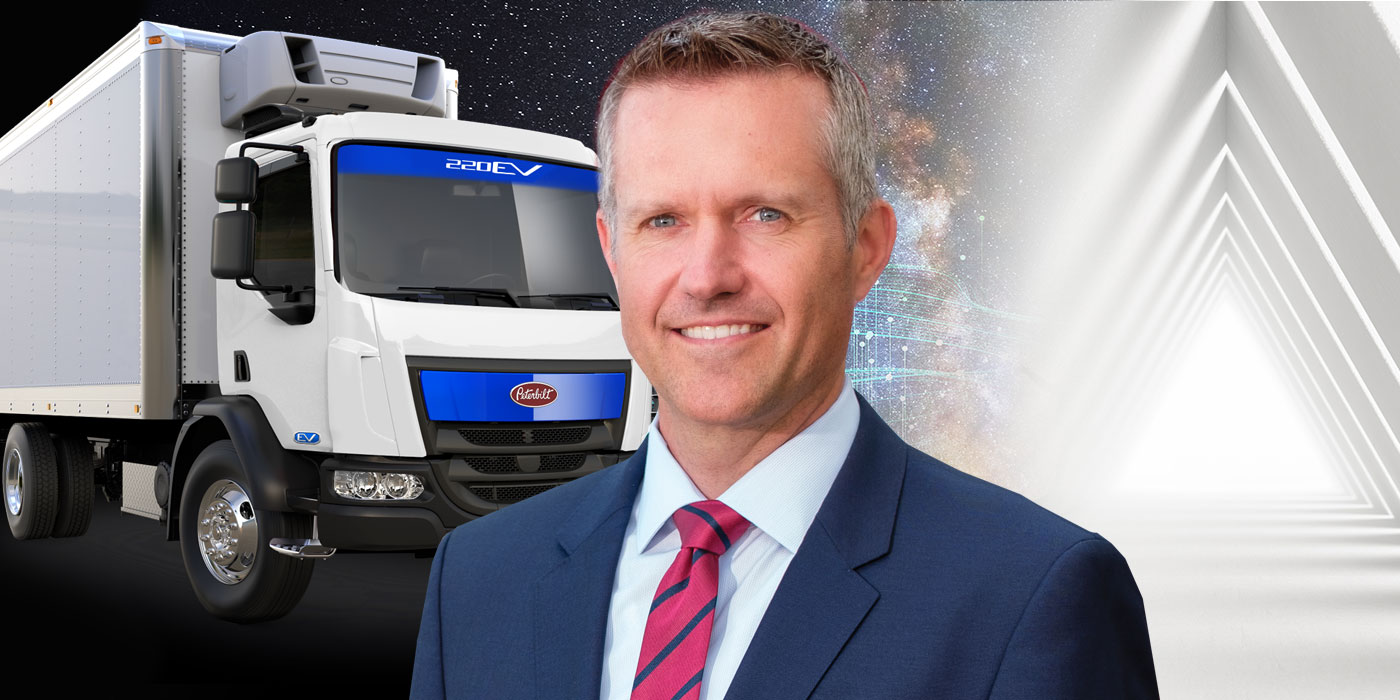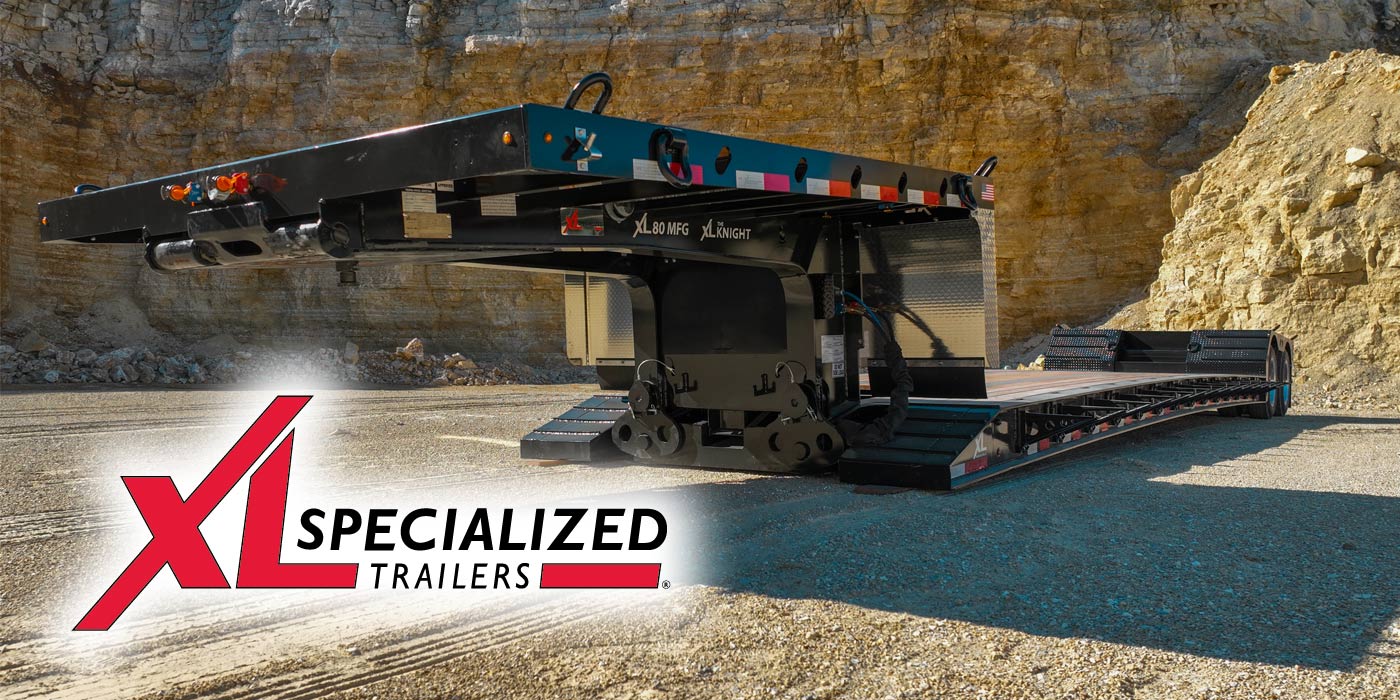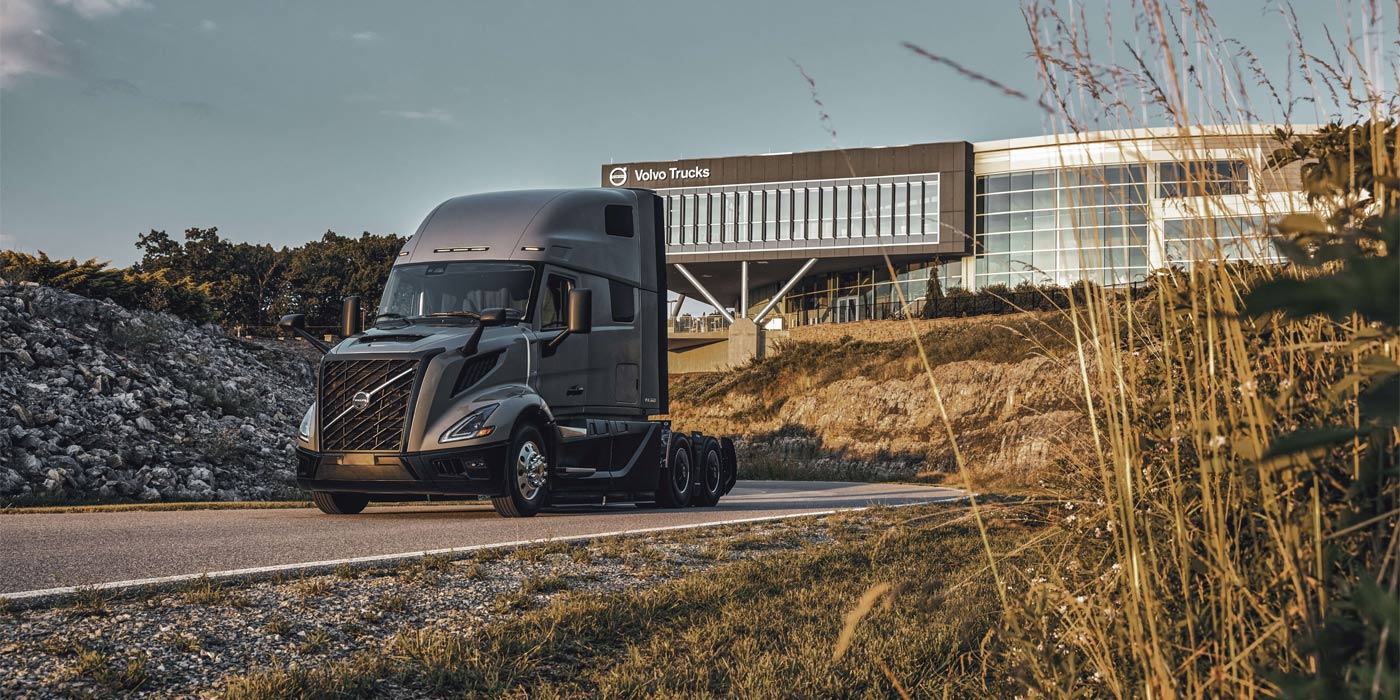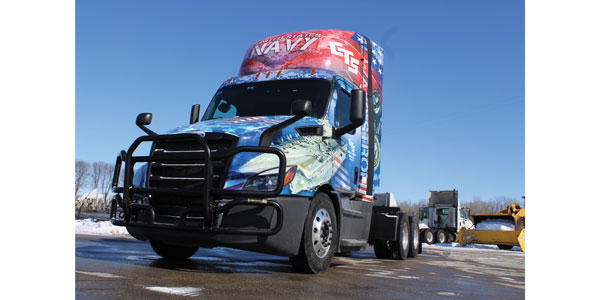
While delivering on time is a key to success for Contract Transport Services (CTS), operating safely is equally essential for the company. “It’s all for naught if we don’t have safety in mind from the get-go,” says Paul LeRoy, the fleet’s director of safety. “It’s our culture and who we are. Being safe takes work but it all begins and ends with safety for our drivers, and for others on the road.”
Based in Green Bay, Wisc., CTS hauls primarily paper and packaging supplies, providing regional same-day service throughout Wisconsin, Minnesota, Illinois, Iowa and Michigan, as well as dedicated truckload service across the U.S.
Operating from multiple locations that are close to its customers allows the carrier to field equipment as shipping need arise. Another advantage CTS offers, LeRoy notes, is a seven-to-one trailer-to-tractor ratio, which enables drop-and-hook and quick turnaround service.
Typically, each of the 160 tractors at CTS—mostly Kenworth and Freightliner day cabs—covers 400 to 500 miles each day. The 1,000-plus trailers in the operation are mainly 53-ft. Stoughton, Wabash and Great Dane dry vans. The equipment is fairly standardized but does include some units spec’d to meet customer needs. For example, there are two walking floor trailers for one customer and plans to add vented trailers for another.
Extraordinary service
Along with meeting customer needs, CTS is focused on its drivers. “Our low turnover rate leads to extraordinary service,” LeRoy says. “We address recruiting and retention by providing comfortable equipment and by getting drivers home every night.
“We would like to see younger drivers be licensed for interstate operations to widen the driver pool,” LeRoy adds. “We haven’t seen any statistics that show that 18- to 21-year-old drivers who are allowed to drive intrastate are less safe compared to older interstate drivers. Age is just a number; it’s maturity that makes the difference.”
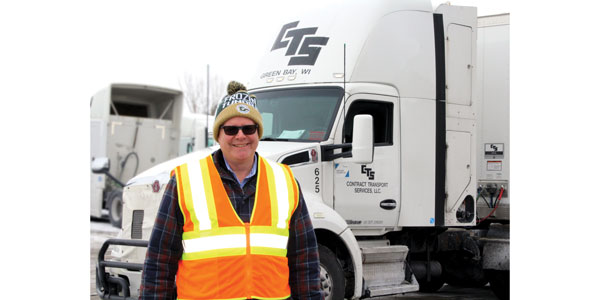
To reward and incentivize drivers, CTS has a performance pay program with six different areas of concentration, including safety and training. According to LeRoy, nearly all the fleet’s drivers are active participants. In addition, the company involves drivers to help make their work environment better, and to make them safer and more productive.
“We continually come up with new ways to communicate with drivers,” LeRoy relates. “Last year, we had a program called Driver2Driver where tips or best practices were shared via digital screens at all of our locations. We also have an annual company picnic, sponsor a local race car and give tickets away to race events, and we have a Driver Appreciation Zone, which is a mobile party we take to all our facilities at least once a year to show our appreciation.”
Enviable record
CTS already has an enviable safety record. Chargeable accidents against the carrier are few and far between. In 2017, there were just four reportable accidents over 13 million miles.
At CTS, LeRoy relates, safety begins with three weeks of one-on-one training for new drivers at a driver training school, which is augmented with online driver training from CarriersEdge. Typically, about 35 to 40 entry-level drivers per year that go through the program.
“Entry level drivers who have completed driver training school are matched with a mentor/trainer,” LeRoy explains further. “The first week they make local deliveries to help sharpen their backing skills, the second week we target larger city driving, and in the third week we look to get them into cities like Chicago.
“After our mentor/trainer approves new drivers to be on their own they are given a final road test by our training manager,” LeRoy continues. “Upon passing, they’re on the road, but not forgotten. We do another drive-along with them after three months to ensure they have not developed any bad habits and aren’t taking short cuts.”
Online training
At CTS, supporting drivers further is done through online training. “Before, we were holding four live training sessions each year for our drivers but time constraints really hampered what we could accomplish,” LeRoy says. “Our drivers start anywhere from 2 to 10 a.m., so we would schedule 30-minute sessions starting at 3 a.m. every half hour until 5 p.m. With rotating drivers, though, it actually gave us only about 20 minutes of real time, so the amount of information we could pass along wasn’t sufficient.”
In 2015, CTS began using the online training program from CarriersEdge. “Ease of use and convenience for our drivers and training staff were among the main reasons we went to online training,” LeRoy explains. “Now, drivers can go through the training modules at home, in their cab during a break, or at one of our terminals where we have computers set up for their use. We can also monitor how our drivers have done on each module, so if there is an area they didn’t score well on, we can review the material with them and help them with additional information.”
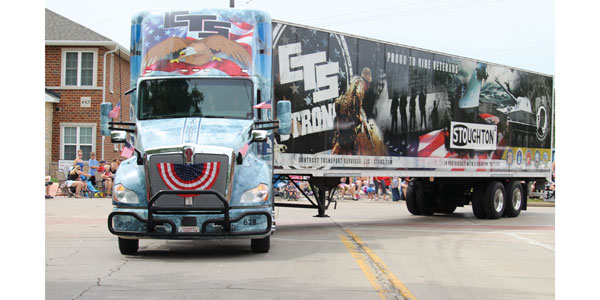
According to LeRoy, CTS has a quarterly training module, augmented with custom training modules developed by the carrier. So far the fleet’s drivers have completed winter driving, defensive driving, and food safety modules, along with custom modules on topics specific to CTS. Live training broadcasts are also hosted on the CarriersEdge site so drivers can see the information in real time or go back to it when they have free time.
Safety is also evident in the equipment specs at CTS. For example, the fleet uses DriveCam by Lytx event systems to train and coach drivers based on recorded events, or to help exonerate them in the event of a crash. Additionally, Kenworth tractors are equipped Bendix Wingman collision mitigation systems, while Freightliners have WABCO OnGuard stability control technology.
Automated manual transmissions are also seen as a safety-enhancing technology for the fleet. “We feel that two-pedal gearboxes improve safety because drivers can concentrate on traffic around them and not what gear they are in,” LeRoy says. “Not shifting all the time also seems to reduce fatigue.”
Sustainability
LeRoy notes as well that automated manuals are expected to pay for themselves in reduced fuel use and continue to deliver savings over the life of the truck. “But we don’t want to save fuel just to lower costs,” he adds. “We also place a high importance on sustainability. For example, we’ve partnered with the Environmental Protection Agency as a SmartWay affiliate to help reduce greenhouse gas emissions, and improve fuel efficiency.
“We’re also converting our entire fleet to compressed natural gas [CNG] engines to have a positive impact on the environment,” LeRoy states. “So far, 50% of our tractors run on CNG and the entire fleet will have natural gas engines by the end of 2019.”
Currently in the CTS fleet are Cummins Westport ISX12G engines in 2014 Freightliner Cascadia, 2014 Kenworth T660 and 2015 through 2018 Kenworth T680 models, and in Capacity yard tractors. Cummins Westport ISX12N engines are being specified in new 2019 Freightliner Cascadias. Fuel for the CNG engines is provided at KwikTrip truckstop locations and at Trillium facilities, which are part of the Love’s family of companies, and plans are in place for on-site quick fill and slow fill stations.
When CTS began in 1985 as a single-truck operation doing cartage work for paper mills in the Green Bay area, it wouldn’t have been easy to envision the carrier becoming a leader in Midwest regional transportation services. More than 30 years later, however, because of its dedication to providing exceptional transportation solutions, the company’s hard work has paid off.

